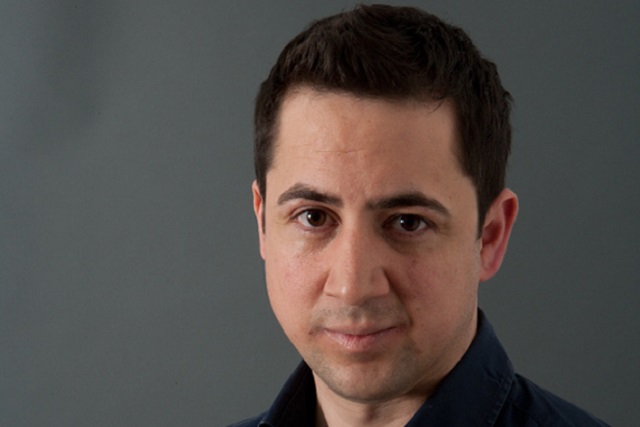Take, for example, the Financial Times, which last week announced an around not just digital but a "mobile" strategy. When the title released its first iPad app in May 2010, there were hopes it could achieve 20,000 downloads within its first year. It smashed through that target on the first weekend – and that was before any marketing.
FT.com’s managing director, that he now expects mobile to be the lead channel for the 125-year-old newspaper brand by the time of the next Olympics. Perhaps even earlier.
The complete and utter disruption a digitally connected world is causing in media never ceases to amaze. Media agencies, for want of a better description, have been caught right in the middle of this maelstrom.
The complete and utter disruption a digitally connected world is causing in media has been long predicted, but still never ceases to amaze
As our interview with Mindshare’s Mark Creighton highlights, traditional planning and buying agencies are being transformed into collaborative, consultancy-led businesses, positioning themselves as trusted advisors to clients trying to navigate the world of owned, earned and paid media.
Significant gains are being made by those adapting the fastest, with more meaningful, holistic conversations being held with clients and consumers alike. New revenue streams are emerging, and they are increasingly fee-based, project-based and, in terms of data-rich activity, performance-based too.
Such transition will not be smooth, and opening the door to services likely to come to fruition over three years, as opposed to within six months, requires plenty of recalibration all round. But something else Creighton rightly notes is what a fantastic time it is to be in the business. 2013 is sure to bring more media disruption and innovation, but those who can make sense of it should become ever more valuable.
If you have any thoughts on anything in our media pages or beyond, I’d be happy to hear from you.



